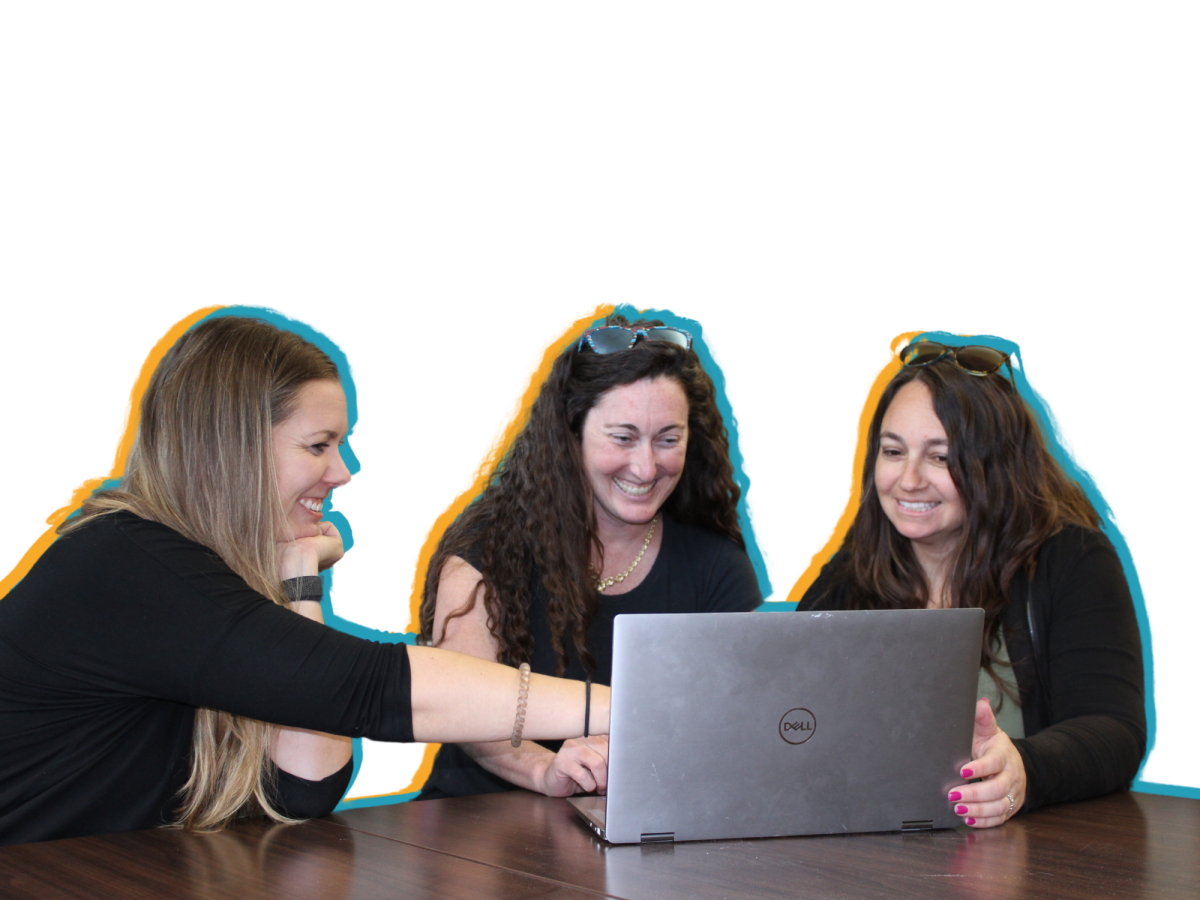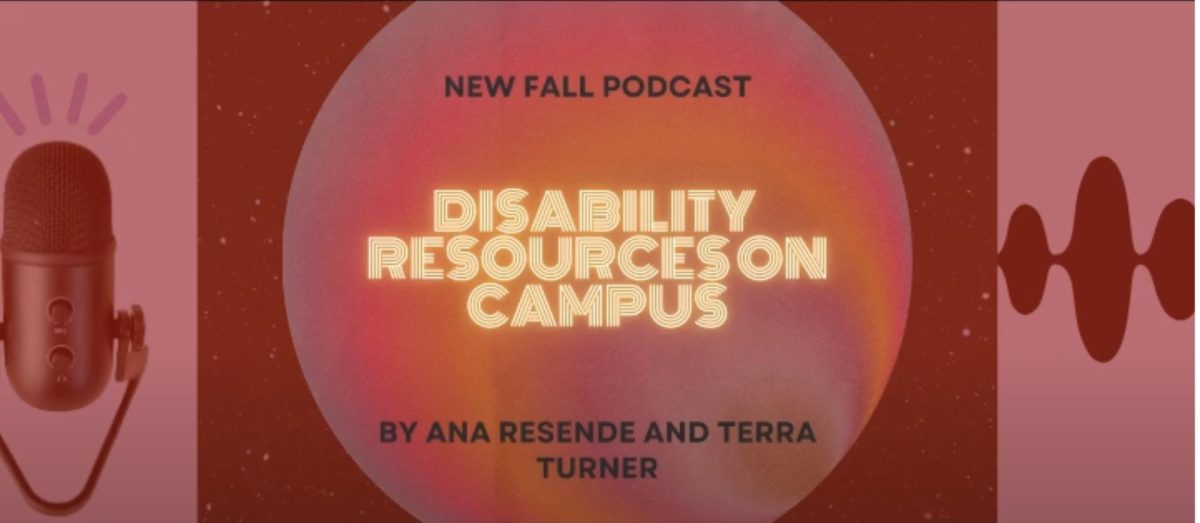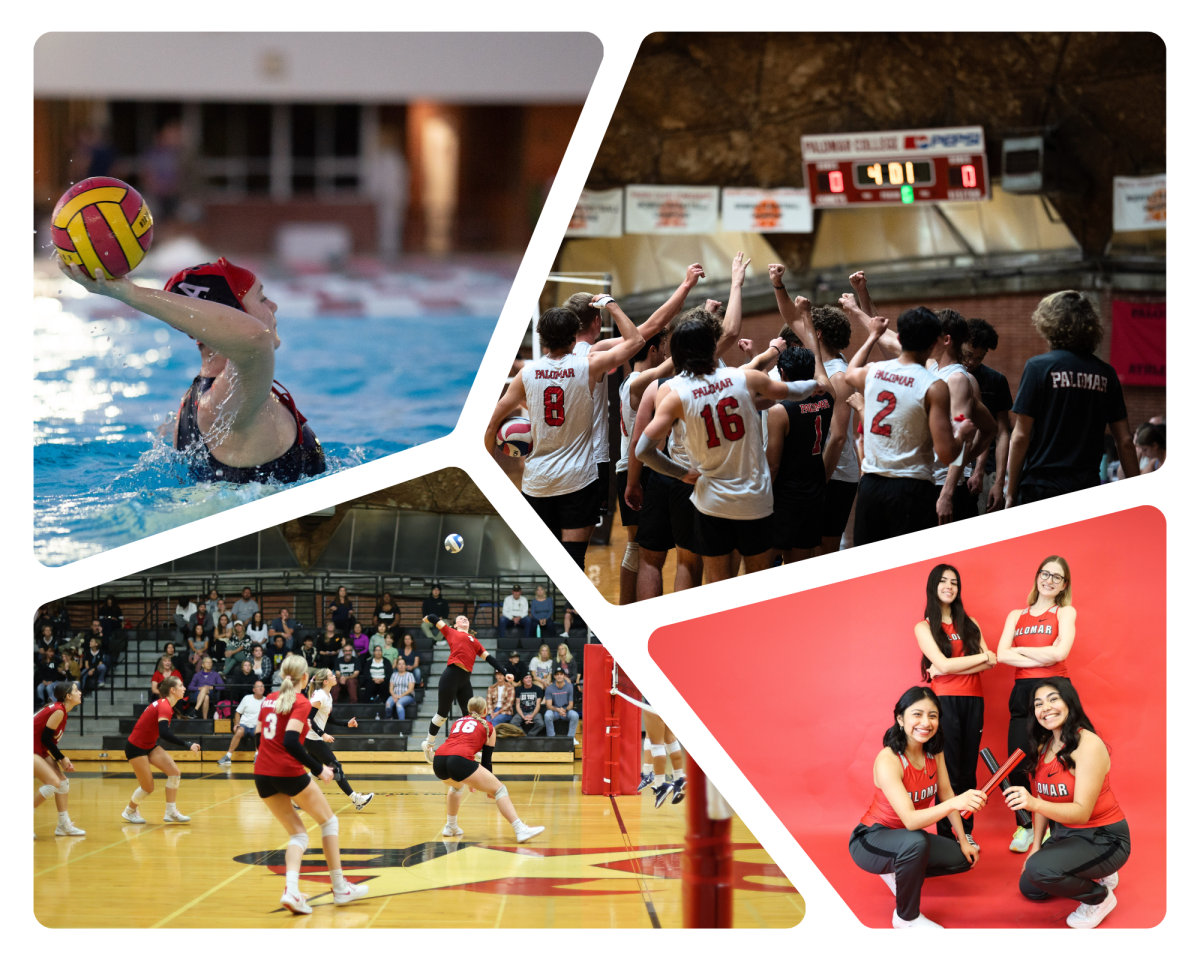The sky was darkening as the evening classes on San Marcos’ campus were just beginning. Meanwhile, Leanne Maunu was getting ready to leave for the day.
Stepping out of her office in the humanities building at Palomar College, she saw a man standing outside. He looked to be in his 70s and was holding a piece of paper. Though barely seeming able to speak English, he was determined.
When Maunu asked if he needed help, the man said that he really wanted to learn English and was looking for his class.
“So, I looked at this piece of paper, and I’m like, let me walk you to your classroom. You know, I walked him to the door, and he just repeated, ‘I really want to learn English,’” Maunu said.
As the dean of the ESL department, Maunu was moved by this man’s drive to learn despite his age. It’s interactions like this one that remind her of the program’s beauty and strength.
“I think it’s just an amazing program. You get students from all over the world. You have wonderful staff and faculty who really support students and want to be there to help,” Maunu said.

The department serves a diverse group of students, ranging in age from mid-teens to 80s, according to ESL Student Advisor Marcela Gomez.
Palomar College is also a Hispanic Serving Institution (HSI), as stated by the National Institute of Food and Agriculture and the school’s website. The U.S. Department of Education defines an HSI as having at least 25% Hispanic students enrolled full-time. Therefore, the program helps to serve members of the Hispanic community.
ESL classified staff help bring students to classes, while faculty teach them. As a result, students get hands-on support from the beginning to the end of their college journeys.
Incoming students can start by heading to the ESL office on their campus — whether at San Marcos, Escondido, or Fallbrook. There, they can get help with submitting applications, receiving a student ID number, completing their self- placement test, and enrolling in classes.
“For non-native speakers, we’re one of the first filters on campus for them to achieve their goals,” San Marcos Student Support Specialist Alex Medina said while describing the ESL office located in H-116.
At the San Marcos office, if students need further help, they are referred to Marcela Gomez, the ESL Student Advisor. In a conversation with her and co-chair Nicole Siminski, Gomez shared that she often explains residency status, tuition fees, andpossible financial aid to students.
If needed, Gomez connects students to other departments on campus as well. She works closely with the Dreamer Success Program, which provides helpful resources like citizenship and human rights workshops.
“It’s not always friendly for international students or immigrant students or DACA students… It’s really important for them to know this is a safe space,” Siminski added.
In the fall, Gomez visits Palomar’s ESL classes and provides an orientation. Then, in the spring, she does outreach in high schools. There, she gives orientations about Palomar to seniors who are currently taking, or at one point took, ESL classes.
Because the process is often a new experience for students and their families, they receive valuable tips while submitting applications.
“Sometimes people think it’s just a language barrier, but it’s a cultural barrier. It’s an educational level barrier. There’s a technology barrier. There’s so many things that happen,” Siminski said about difficulties with applying.
The department offers credit and non-credit classes that make learning financially accessible to most, and a benevolent fund may cover fees for students with financial hardship. Non-credit coursework can also be reviewed to potentially be recognized as credit.
ESL certificates, such as grammar, conversation, pronunciation, listening and speaking, and more can be taken as credit or non-credit. Students can learn English from the ground up with a non-credit certificate program. In addition, a completely free, online, non- credit citizenship class prepares students for the citizenship test.
The biliteracy certificate has recently become available at Palomar as well. To receive it, students can take ESL classes along with classes from the World Languages Department, such as Spanish for heritage speakers.
“The biliteracy certificate is new. So I would love that this could get attention, because we would like more people,” Siminski said.
Computer skills classes help students overcome difficulties with technology while learning English. At the San Marcos campus, H-121 is the ESL computer lab and H-118 is the tutoring center. Embedded tutors in the San Marcos and Escondido classes can help students meet their goals, too.
“As a faculty member, [it] makes me happy to see the intentional programs that we set up, the way that we’re responding to students needs in the community,” Siminski said.
A non-credit certificate program called Instituto Nacional para la Educación de los Adultos (INEA) is also available, with classes held at various locations.
According to Marcela Gomez, INEA allows students 15 and older, whose first language is Spanish, to complete the equivalent of Mexican elementary and middle school. The program is a collaboration between the Mexican consulate in San Diego, Palomar, and Mexico City.

“Once they finish their middle school, we’re hoping that, from there, they can transition in taking the ESL classes…because then it’s not going to be as difficult for them to learn a second language,” Gomez said about INEA students.
Community classes, like INEA, are essential to the department. These classes are offered at churches, elementary schools and more. One location even has built-in childcare.
“A big part of our goal is to go meet students where they are,” Siminski said.
To support students’ continued learning, credit classes can count for general education (GE) requirements. Some of these work alongside Child Development and, coming soon, Emergency Medical Education (EME) courses.
Despite the benefits, there are consistently more non-credit than credit students in the program. Only 10% to 20% of students have taken credit classes, while 80% to 90% have taken non-credit classes in the past five years, according to Palomar’s public records.
While sharing insight on why this happens, Gomez noted that most ESL students come to Palomar to improve their English skills. But once they’re established in the program, they see the opportunity to take credit classes and progress from there.
Gomez herself was one of these students. In high school, she transferred her education from Mexico and graduated. Then, she came to Palomar and went through the ESL program. At that time, she was undocumented and waiting to get her papers.
“Like our ESL students, I just wanted to improve my English. But then I saw that, ‘Okay, maybe that I can do more and more and more,’” Gomez said.
While studying at Palomar, a professor offered her an office position at the school, encouraging her to keep going. Gomez went through the certificate programs at Palomar, then got her associate’s. She received her bachelor’s degree from California State University San Marcos (CSUSM) and master’s degree from the University of San Diego (USD).
“I like helping ESL students, because I think they need somebody that truly, truly wants to help them and wants them to be successful,” Gomez said.

Alex Medina, Student Support Specialist, was also encouraged by faculty and staff when he was an ESL student.
Medina, who was born in the states, moved to Mexico City at age 10. After 12 years living there, he decided to move back and started taking Palomar’s evening ESL classes to improve his English skills.
Medina began working in a part- time custodial position at Palomar. He then worked full-time as a custodian for seven years, after hearing about an opportunity from his professors. While doing this job, he got familiar with the ESL faculty and staff, and they told him about his current position.
“It helps you with your day-to-day life. And it helped me to even achieve a full-time position here at Palomar College,” Medina said about the ESL department.
Medina never forgot the advice of Professor Lihe Chen, who said practicing English individually was crucial. He encouraged Medina to use music, diary writing, and YouTube videos and to keep conversing with people, regardless of his pronunciation abilities.
Medina shared making connections with other students from all around the world made the learning experience especially impactful and enjoyable for him.
When asked what advice he’d give to current and incoming ESL students, Medina said: “I really encourage students to come and… keep coming… Always practice on your own… Don’t be afraid of asking questions… Somebody will help you here.”
The ESL department provides thoughtful support to meet an important need, which should be recognized.
“We have a strong multilingual population on campus,” co-chair Nicole Siminski said. “Recognizing what it means to be embracing the multilingual components of people’s identity… I think that’s something to see that the community is driving.”



















